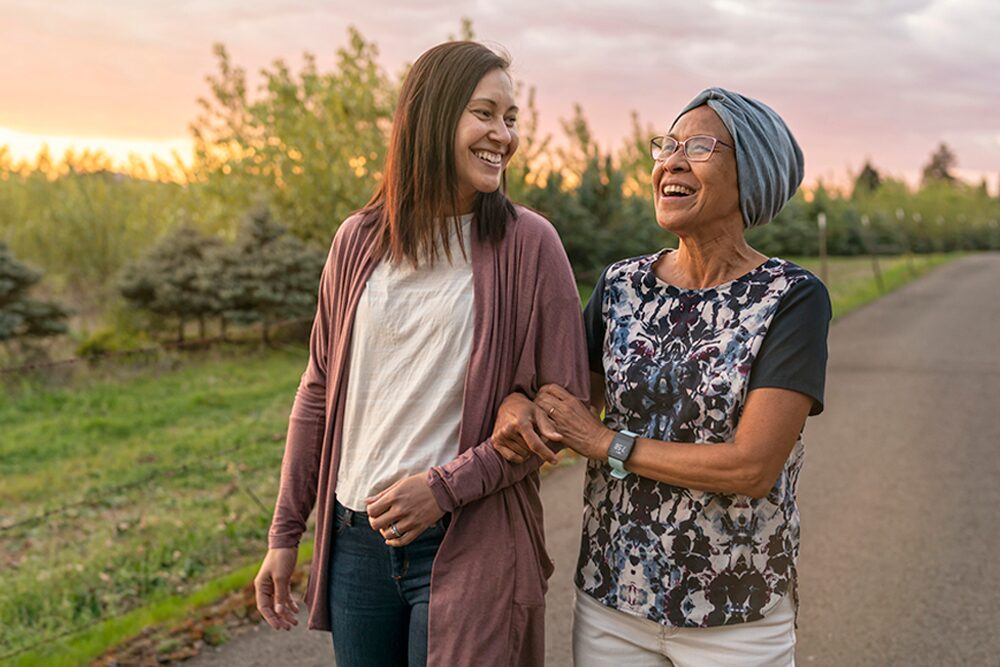April 8, 2022
Recognizing Companies Working to Improve Health Equity During National Public Health Week

This week is the American Public Health Association’s National Public Health Week, which highlights pressing issues within our healthcare system regarding access to health services and the public’s well-being. One of the cornerstones of the life science industry is to promote and accelerate health equity, and in celebration we’re highlighting how some of our members are working toward this goal, from product development to charitable giving programs.
Bristol Myers Squibb regularly donates to charities throughout the country, and also has a community impact program in California. In 2020, they provided $23M in charitable contributions to nonprofits and programs throughout the state, ranging from: grants to minority students in life science graduate programs at San Francisco State University; funds to help patients and their families at Stanford’s Lucille Packard Children’s Hospital; donations to Second Harvest and Life Moves; and partnerships with UC San Diego’s Moores Cancer Center, the San Diego Festival of Science and Engineering, and the Reuben H. Fleet’s High Tech Fair.
San Diego’s Inception Therapeutics, an incubator that builds and launches new life science companies, is a sponsor of Life Science Cares, a San Diego nonprofit founded by life science executives that actively works to end poverty in four key cities throughout the country. In San Diego County, they are currently serving meals to seniors at the Gary and Mary West Senior Center Wellness Center in Cortez Hill; providing packed meal boxes for children and families in Carlsbad, and collecting donations for food insecure students. Inception is one of dozens of life science companies that gives back through the nonprofit. “We truly believe it’s important to give back to the community upon which successful San Diego biotech has been built,” said Jeremy Caldwell, CEO of Inception Therapeutics. “We also want to create opportunities for young scientists who don’t have access to as many opportunities as they could, to develop skills in the life sciences. We want to lift the entire community through our charitable contributions and support.” If you or your company is looking for an opportunity to volunteer, there are several time slots and opportunities available in both San Diego and the Bay Area.
We also want to create opportunities for young scientists who don’t have access to as many opportunities as they could, to develop skills in the life sciences.
In the cell and gene therapy space, Vineti is a Bay Area startup that developed a software platform, Personalized Therapy Management, that aims to simplify the complexities within the supply-chain ecosystem of getting therapies to patients. The software program helps track the steps involved in treatment manufacturing all the way to the delivery to patients—making this process more efficient can provide more patients with better access to treatments in this emerging field of medicine.
Los Angeles-based Opiant Pharmaceuticals is devoted to finding treatments for addiction, and most notably developed Narcan, a nasal spray that reverses a heroin or opioid overdose. Government agencies and nonprofits throughout the country regularly work to provide Narcan to people in need and in vulnerable populations: Los Angeles County officials announced they plan to distribute 100,000 doses of Narcan by the end of this summer, and a nonprofit in Indiana recently made a rescue box with doses of Narcan available for free to the public. The company is currently working on a treatment for fentanyl overdose.
Illumina released its annual Corporate Social Responsibility Report, noting that it was able to reduce the cost of genome sequencing from $1,000 to $600 in 2020, and outlines its goal to further reduce the cost to $100 per genome by 2030.